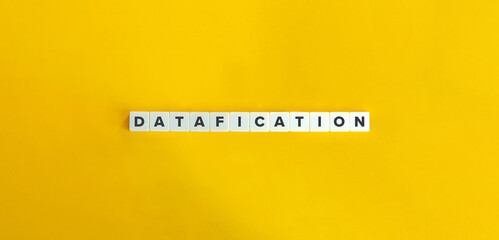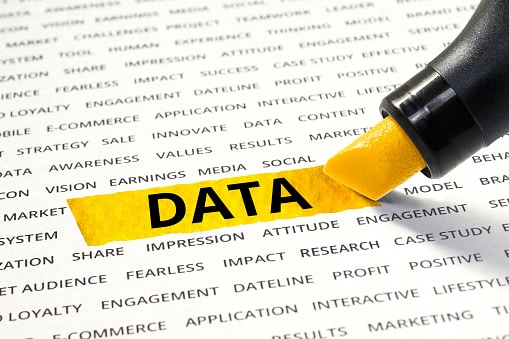Datafication: A Closer Look
Introduction:
Datafication refers to the process of converting various forms of information, including human behavior, into data that can be analyzed and used for decision-making purposes. The rise of digital technologies has enabled an unprecedented amount of data to be collected, leading to the widespread adoption of data-driven approaches in various industries.
Datafication has been a buzzword in the tech industry for several years, but its impact on various fields is now more apparent than ever before. With the vast amounts of data being collected and analyzed, data-driven decision-making has become the norm across industries. The emergence of new job roles and business models, driven by datafication, has also contributed to economic growth and innovation. However, the rapid rise of datafication also raises concerns about privacy, security, and ethical considerations, which require careful consideration and regulation. In this blog post, we will take a closer look at datafication, its impact, and the challenges it poses.
Important Points:
- The concept of datafication has been around for decades, but it has gained significant traction in recent years due to the increasing availability of data and the development of sophisticated analytical tools.
- Datafication is not limited to a specific industry or field. It is applicable to any domain where data can be collected and analyzed, including healthcare, finance, marketing, and sports.
- Datafication has led to the emergence of new job roles, such as data scientists, data analysts, and data engineers, who are responsible for collecting, processing, and analyzing data.
- Datafication has also created new business models, such as the freemium model, where companies offer basic services for free and charge for premium features.
- One of the significant benefits of datafication is that it enables organizations to make informed decisions based on data rather than intuition or guesswork.
- Datafication has also enabled the development of predictive models that can forecast future outcomes based on historical data, such as predicting consumer behavior or disease outbreaks.
FAQ’s:
1.What are some of the challenges of datafication?
A: One of the significant challenges of datafication is data privacy and security. As more data is collected and stored, the risk of data breaches and cyber attacks increases. Additionally, the ethical implications of collecting and using data need to be carefully considered, such as the potential for bias and discrimination.
2.How does datafication impact individuals?
A: Datafication can impact individuals in various ways, such as through personalized marketing, targeted advertising, and recommendations. It can also lead to the creation of new services and products that cater to specific needs and preferences.
Pros:
- Datafication enables organizations to make informed decisions based on data rather than intuition or guesswork.
- Datafication enables the development of predictive models that can forecast future outcomes based on historical data.
- Datafication has created new job roles and business models, driving economic growth and innovation.
- Datafication can lead to personalized services and products that cater to specific needs and preferences.
Cons:
- Datafication can lead to the collection and use of personal data, raising concerns about privacy and security.
- Datafication can also lead to the creation of biased models that perpetuate discrimination and inequality.
- Datafication can result in the loss of human expertise and decision-making, as automated systems and algorithms become more prevalent.
- Datafication can contribute to information overload and the potential for misinterpretation and miscommunication.
Final Conclusion:
Datafication has transformed the way organizations operate and make decisions, leading to new job roles, business models, and services. While datafication has significant benefits, such as enabling informed decision-making and predictive modeling, it also raises concerns about privacy, security, and ethical considerations. It is crucial to carefully consider the implications of datafication and ensure that it is used in a responsible and ethical manner.
Datafication is a double-edged sword that has revolutionized the way organizations operate and make decisions. Its benefits, including predictive modeling and personalized services, cannot be overlooked. However, the increasing amount of data being collected and the potential for misinterpretation and miscommunication raises concerns that must be addressed. As datafication continues to shape our world, it is essential to consider the implications and ensure that it is used in a responsible and ethical manner. Ultimately, the responsible use of datafication will lead to a more equitable and just society.


